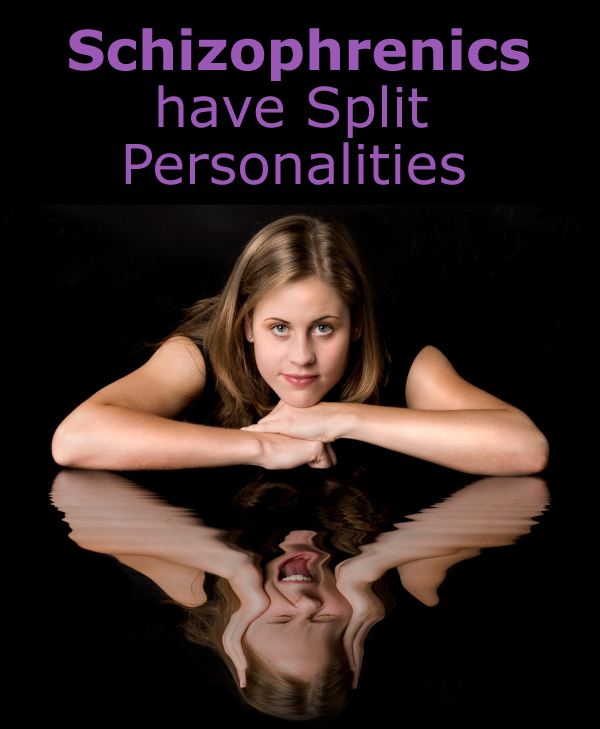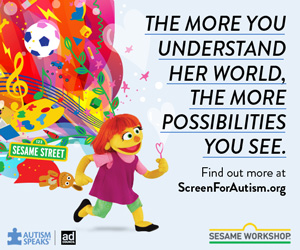Do schizophrenics have split personalities?
According to a Harris poll, nearly two-thirds of people surveyed believed that schizophrenia is synonymous with two or more personalities. This myth has been especially perpetuated through books, TV and movies.
The confusion begins with the Greek root words from which the term is derived: “skhizein,” meaning “to split” and “phren,” meaning “mind.” “Split mind” in fact refers to the mind’s split from reality, not split personalities.
Having multiple distinct personalities that emerge at different times was formerly called Multiple Personality Disorder (MPD), now Dissociative Identity Disorder (DID), and is said to be caused by severe abuse or neglect early in life. The patient can, for example, create a new identity that compartmentalizes their painful memories. These diagnoses are highly controversial; many psychiatrists do not believe such a disorder even exists. Some therapists who treat DID characterize the symptoms more as “moods” or aspects of a single personality, but the patients cannot recall what they did or said while in different states.
In contrast to the rare and controversial DID diagnosis, schizophrenia is an accepted and unfortunately fairly common mental illness, affecting over 2.5 million people in the U.S. alone. Schizophrenics have difficulty distinguishing between reality and fantasy. Delusions are the most common symptom, particularly paranoid thoughts such as the belief you are being watched or followed, or that your thoughts are being read. Auditory hallucinations/hearing voices occur in 50% to 70% of cases. Visual hallucinations are less common, occurring about 15% to 20% of the time. Schizophrenics are much more likely to experience major depression, increased suicide risk and substance abuse.
Schizophrenia is considered a manageable chronic illness. Antipsychotic medications such as Thorazine can begin to alleviate symptoms in just days. Various therapy options are also available, including Cognitive Behavioral Therapy (CBT), which helps patients with symptoms that are not cured by medicines. CBT teaches people how to “test the reality” of their perceptions and ignore the voices in their head. Finally, education programs are available to assist individuals with caring for an affected family member.




